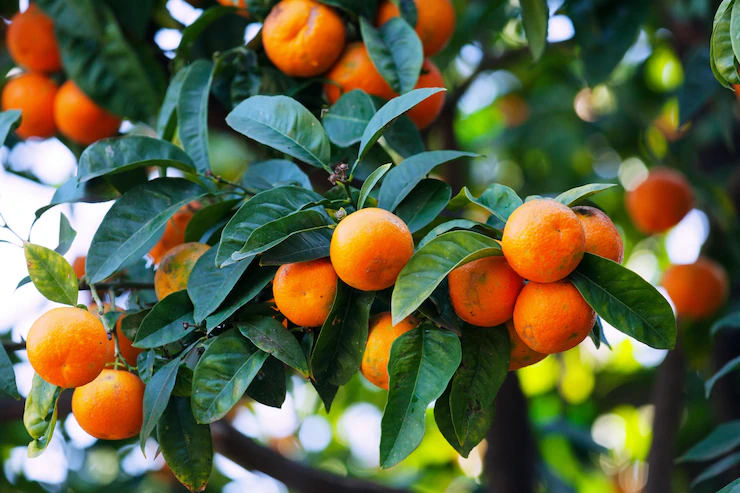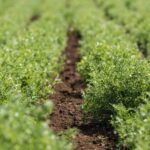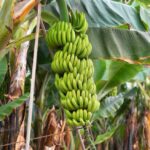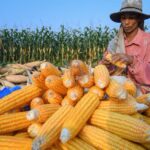Oranges are a popular and delicious citrus fruit that can be successfully grown in South Africa’s diverse agricultural landscape. Whether you’re a commercial farmer or a home gardener, here are ten important things you should know before embarking on orange cultivation:
- Climate and Region: Oranges thrive in a subtropical to tropical climate. South Africa has various regions suitable for orange cultivation, including Limpopo, Mpumalanga, KwaZulu-Natal, and parts of the Eastern Cape. Choose a region with a mild winter and a warm, sunny climate for optimal orange production.
- Variety Selection: There are numerous orange varieties available, each with its unique flavor, size, and ripening time. Popular orange varieties for South African conditions include Valencia, Navel, and Hamlin. Consider factors such as taste preferences, disease resistance, and market demand when selecting the right variety for your specific location.
- Soil Requirements: Oranges prefer well-drained, sandy loam to loamy soil with good organic matter content. Conduct a soil test to assess pH levels and nutrient content. Oranges generally prefer a slightly acidic to neutral soil with a pH range of 6.0 to 7.0. Amend the soil with organic matter and appropriate fertilizers based on soil test results.
- Orchard Design and Planting: Plan the layout of your orange orchard carefully, considering factors such as spacing, row orientation, and irrigation requirements. The spacing between orange trees depends on the variety and the rootstock used, typically ranging from 4 to 8 meters between rows and 3 to 5 meters between trees. Proper spacing allows for good air circulation and facilitates orchard management practices.
- Irrigation: Oranges require regular and adequate irrigation to ensure optimal growth and fruit production. The water requirements may vary depending on the stage of growth, climatic conditions, and soil moisture-holding capacity. Implement an efficient irrigation system such as drip irrigation or microsprinklers to provide consistent water supply while minimizing water wastage.
- Fertilization: Oranges have specific nutrient requirements for healthy growth and fruit development. Conduct a soil analysis and consult with agricultural experts to determine the appropriate fertilizer regimen. Generally, a balanced fertilizer with nitrogen, phosphorus, and potassium, along with micronutrients, is applied during different growth stages of the orange trees.
- Pruning and Training: Pruning plays a vital role in shaping the tree, improving light penetration, and promoting airflow within the canopy. Remove dead or diseased branches and maintain an open canopy structure to allow sunlight to reach the fruit-bearing branches. Prune during the dormant season, avoiding excessive pruning during the growing season.
- Pest and Disease Management: Oranges are susceptible to various pests and diseases, including citrus psyllids, scale insects, aphids, and fungal infections. Implement integrated pest and disease management strategies, such as regular scouting, cultural practices, biological controls, and targeted pesticide applications when necessary. Monitor the orchard regularly and take appropriate action to prevent or control pests and diseases.
- Harvesting: Oranges are typically harvested when they reach their desired maturity and coloration. Different orange varieties have specific harvesting times. Harvest oranges by hand, cutting the fruit with pruning shears or twisting it gently to detach it from the tree. Handle the fruit carefully to avoid bruising or damaging it.
- Post-Harvest Handling and Storage: After harvesting, oranges should be handled with care to maintain their quality. Remove any leaves or stems attached to the fruit and store them in a cool, well-ventilated area. Proper storage conditions help prolong the shelf life of oranges and maintain their flavor and juiciness.
By considering these ten crucial factors before growing oranges in South Africa, you’ll be better prepared to cultivate a successful orange orchard. Stay updated on local research, industry best practices, and consult with local agricultural experts for tailored advice. With proper care and attention, you can enjoy a bountiful harvest of flavorful oranges from your South African orchard.
Image by bearfotos on Freepik









